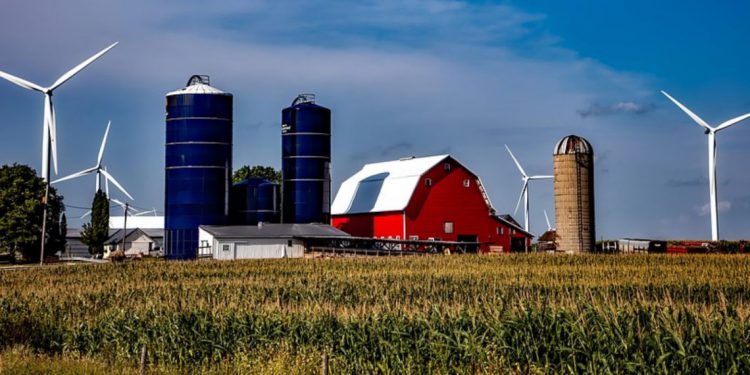The Iowa Capital Dispatch reports that Channing Arndt, a development economist with the International Food Policy Research Institute, told a Society of Environmental Journalists webinar that modern food systems are one of the biggest sources of greenhouse gas emissions in the world. They also are among the leading causes of species loss. Climate Change And Hunger
Those issues are expected to be discussed by world leaders at a special United Nations food systems conference Sept. 23 in New York.
“Food sources are a big source of greenhouse gases,” Arndt said. Agriculture and forestry account for 20% of all emissions. That is pretty close to electricity generation as a whole,” he said.
At the same time, biologists alarmed about the loss of biodiversity across the globe know that farming contributes to the problem. Climate Change And Hunger
“Food systems are fingered as the largest driver of biodiversity loss in the world, around 60% or so,” Arndt said.
In addition, agriculture has attracted debate about workers’ livelihoods, Arndt said.
“Food systems are still the world’s largest employer, if you will, with billions of people earning meager or fragile livelihoods in agriculture,” Arndt said.
“And it’s a big contrast to developed countries, where agriculture is a relatively small employer, at least compared with what it was 100 years ago. Food systems remain a very important lever in raising the standard of living in developing countries.”
Pay aside, the combined production of agriculture globally has failed to provide any with adequate meals.
Arndt said 40 per cent of the world’s population can’t afford a nutritionally adequate diet. “This is a big challenge,” he added.























